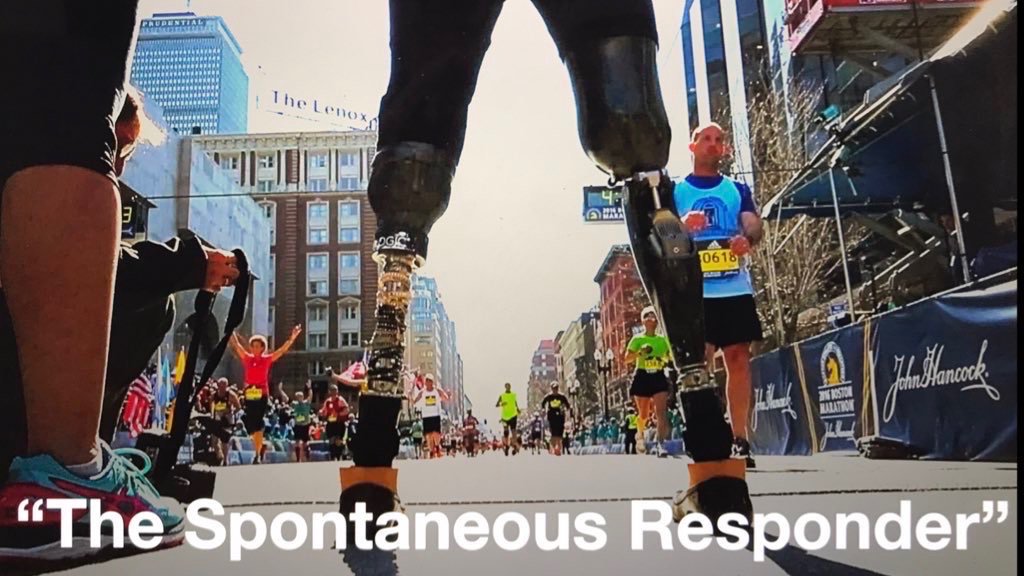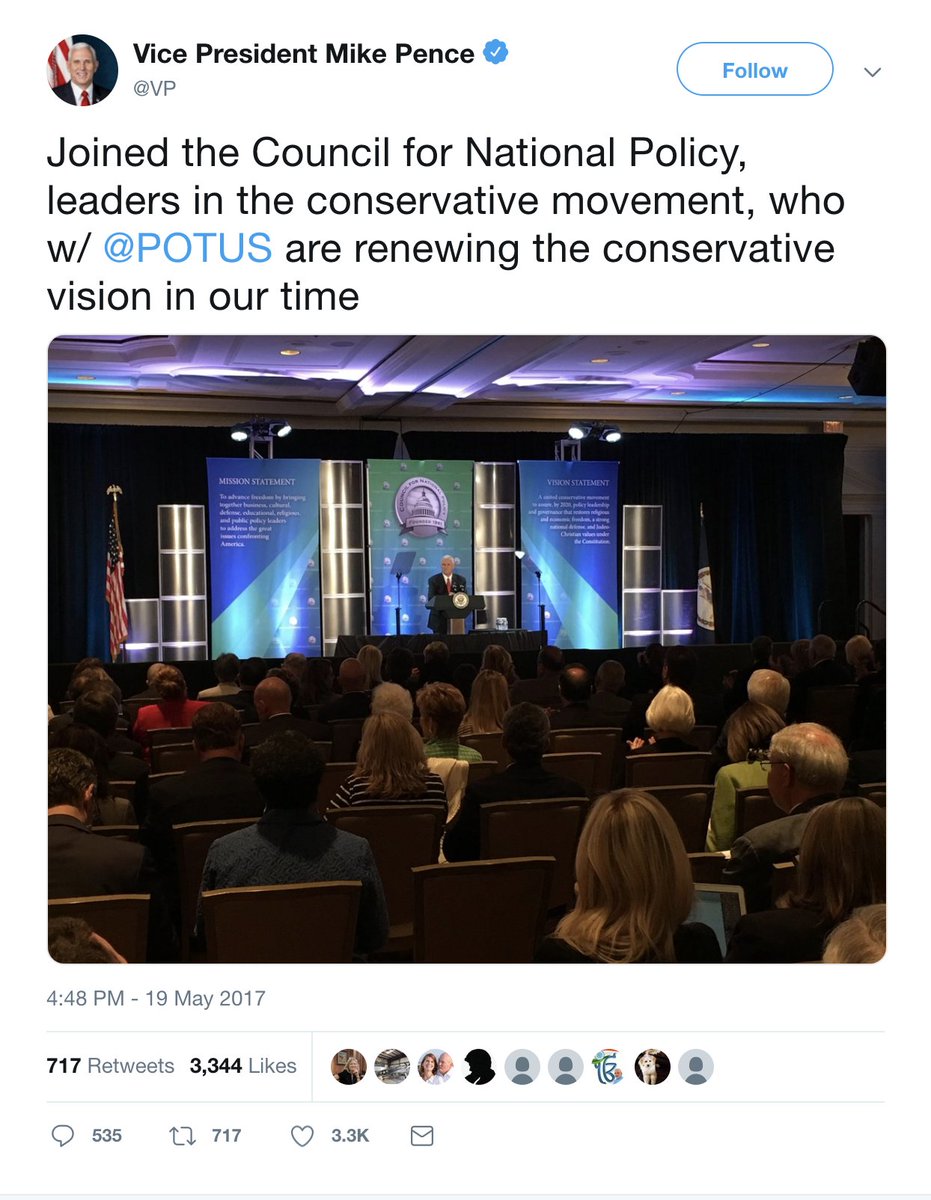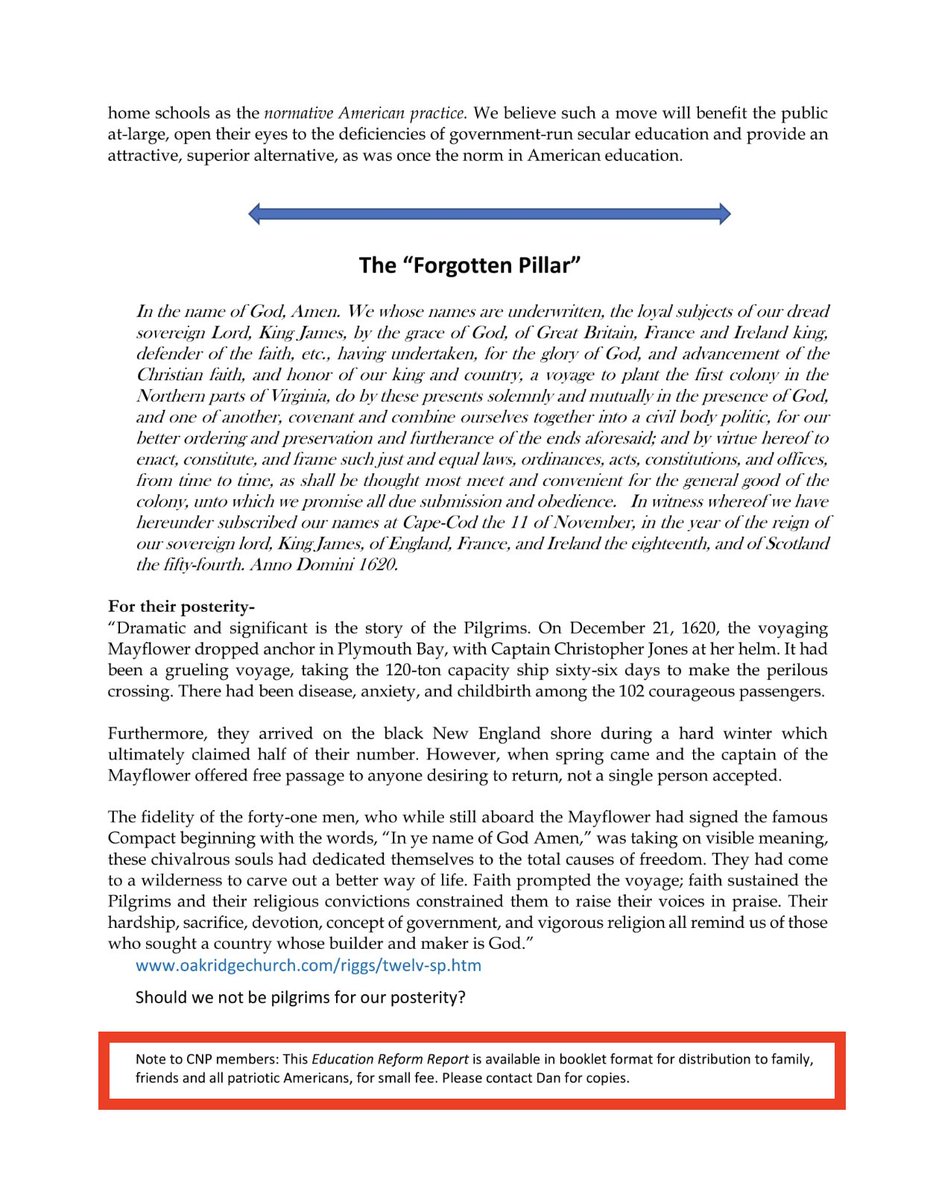Alas, I can categorically assure you, it still happens!
A thread
/1
Cat 2: 7yr F - Chest Pain / Breathing Diff (Known Asthmatic)
OA:
Atonic, GCS3, RR10 grunting, minimal chest movment, silent on auscultation
Uncle futilely trying inhaler
/2
Calm and de-escalate
Peak flow
10 puffs of own
Maybe some nebulisers
...like the hundreds before it
/3
As combat indicators go, this is one of the most powerful
I’ve unfortunately experienced it multiple times before and there are very few contexts when it’s a false alarm
It is not replicable
/4
Little one was in a heap at uncles feet in a tiny bathroom. Desperate ongoing attempts to administer an inhaler
There are tough rooms to walk into and this was definitely one of them
/5
Rescue as a clinical intervention
360 access
Snatch rescue
Space creation
Environmental manipulation
Whatever you call it in your world, this needs to form part of how you train.
It creates physical AND mental space
It’s control
It’s our terms
/6
I created space. I optimised position. I ended up knelt with little one lying against my legs & chest - sat up.
Kit to one side allowing me to treat & maintain as best a position for resp function as I could
/7
In a nutshell:
Solo paramedic
Optimise position
Enable bronchodilators
Upgrade & req. Critical Care
Try and look after mum
That’s what happened in the first few minutes
/8
Adrenaline, hydrocortisone & magnesium for example
However that’s not what this is necessarily about
/9
/10.5
There had already been a recognition of unwell
There had equally been a recognition of life threatening features
I’d also considered/prepared for a ‘paeds asthmatic cardiac arrest’
/11
There was a tangible moment where it all changed. Where the gravity of the human experience became so palpably strong
It was visceral
This was suddenly terrifying
/12
This is a good news story. This little human was one of the most incredible fighters I’ve ever had the privilege to meet
But before they managed to quell my fear by fully demonstrating this; other factors played a part - that’s what I’d like to discuss
/13
The cavalry
Reinforcements
Back-up
I couldn’t have asked for more
It’s important to reflect on what makes this support what it is. How do we best back up that colleague who is overwhelmed or at their limit
/14
They wouldn’t have had eyes on at this point
He dropped kit outside and navigated the family and small corridor arriving with just the essentials; more oxygen included
/15
But this colleague knew that
In the chaos he was calm
Listened to what I knew, asked my plan and where he could help. He promoted suggestions I hadn’t considered
Perfect
/16
I was ****ing myself & his positive integration into the incident is was kept my feet on the ground
When it’s all going wrong. Your colleagues need you to ‘be Chris’
/17
/17.5
The updates from on scene had made it through
They’d arrived with an extrication plan already. This was huge. It was suggested gently as not to conflict with any solution we’d potentially come up with (we hadn’t thought that far)
/18
Don’t arrive to a life threatening asthma attack with your hands in your pockets or carrying paperwork... just don’t be that guy/girl
/19
Just like Chris he listened.
He quietly agreed with the plan. Reinforced that we were all over it.
He was going to retire to the vehicle to draw up his drugs; he’d meet us there when we were down
/20
A solo who enabled us to give the full spectrum on scene
A crew who bossed the extrication
An APP who reinforced us, trusted us and encouraged us. A leader
I’m extremely lucky to work with such incredible human beings
/21
It’s on these incredible clinicians and colleagues who were my force multipliers
I recognise that I was at my absolute limit - I needed them more than they know
/22
It saddens me how often our own systems and cultures make the core clinical work harder
So, where we can; be Chris, be that crew, be that APP
We’re all in it together and when it works we save lives
/end














